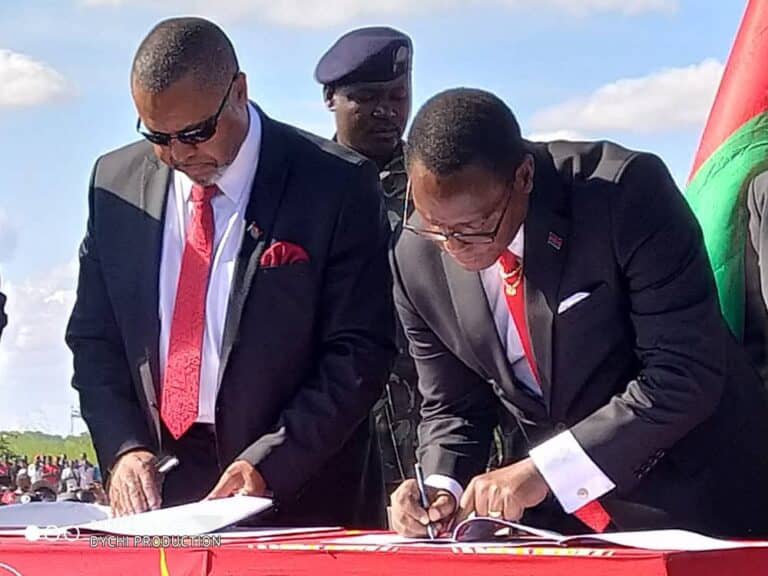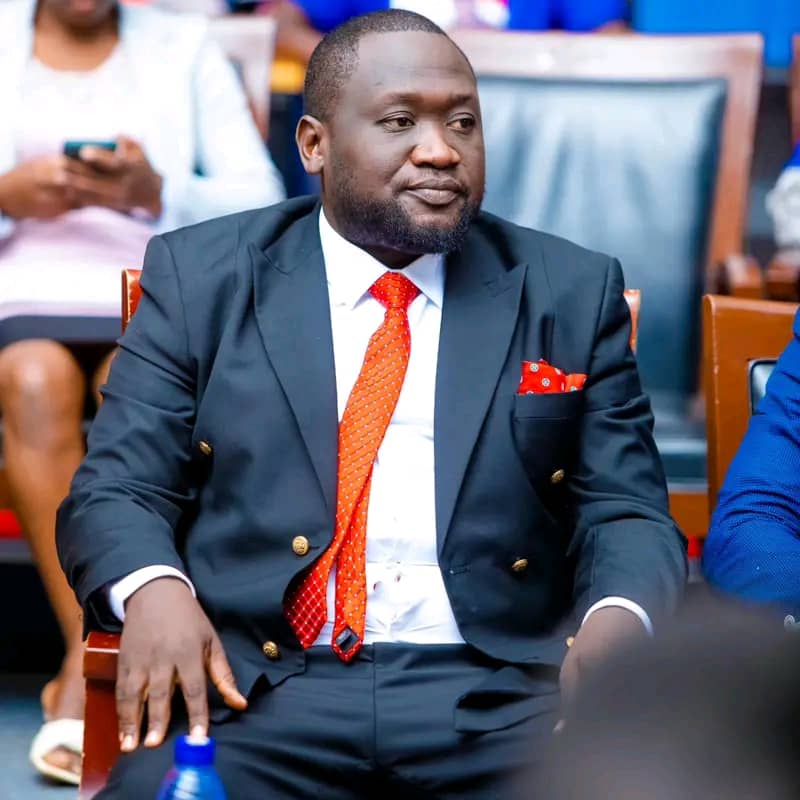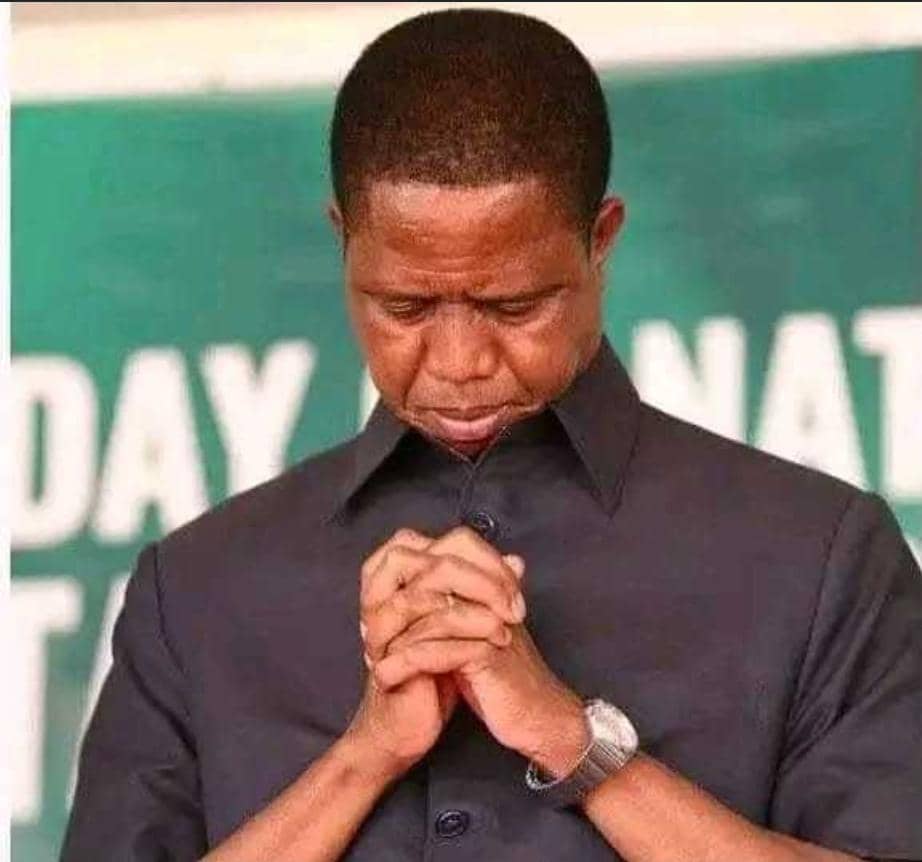The Genesis of the Alliance – The political landscape before 2020 and the need for opposition unity
Before the formation of the Tonse Alliance, Malawi’s political landscape was marked by significant polarization, especially between the ruling party and opposition factions.
The 2019 presidential elections set the stage for what would eventually become the Tonse Alliance.
The elections were marred by accusations of electoral fraud, which led to a series of legal challenges.
This created a climate of political instability, and a growing sense of disillusionment among Malawians regarding the democratic process and governance.
The Democratic Progressive Party (DPP), led by President Peter Mutharika, had dominated the political scene for several years, using political patronage to maintain its grip on power.
However, its control was increasingly contested by various opposition groups that had struggled to form a unified front.
The opposition parties, though diverse in their ideologies, shared a common concern over the erosion of democracy, corruption, and the lack of accountability in the DPP-led government.
In the aftermath of the 2019 elections, it became clear that opposition unity was essential to challenge the dominance of the ruling DPP.
The political environment was ripe for a coalition, as Malawians were seeking change and a leadership that would prioritize their welfare over political patronage.
Many opposition leaders recognized that they could not successfully challenge the DPP alone, given the party’s control over state apparatus and resources.
This realization culminated in the formation of the Tonse Alliance in 2020.
The alliance, named after the Chichewa word for “together,” was conceived as a strategic partnership of various opposition parties, including the Malawi Congress Party (MCP), the United Democratic Front (UDF), and several smaller parties, under the leadership of Lazarus Chakwera, the MCP leader.
The alliance’s primary aim was to unite opposition forces to challenge the DPP’s rule and bring about much-needed political and electoral reforms.
The formation of the Tonse Alliance was thus a response to the need for opposition unity in the face of a deeply entrenched and divisive political system.
The political climate demanded a collective effort to unseat the ruling party, and the alliance presented an opportunity to mobilize support from across different political and social groups.
This strategy not only sought to overcome the divisions within the opposition but also to present a more viable alternative to Malawians frustrated with the status quo.
In sum, the genesis of the Tonse Alliance was born out of necessity—a response to a political environment where opposition disunity was seen as a significant barrier to challenging the ruling party.
With a shared commitment to reform, good governance, and economic prosperity, the Tonse Alliance aimed to unite opposition forces and forge a path toward a more inclusive and democratic Malawi.




